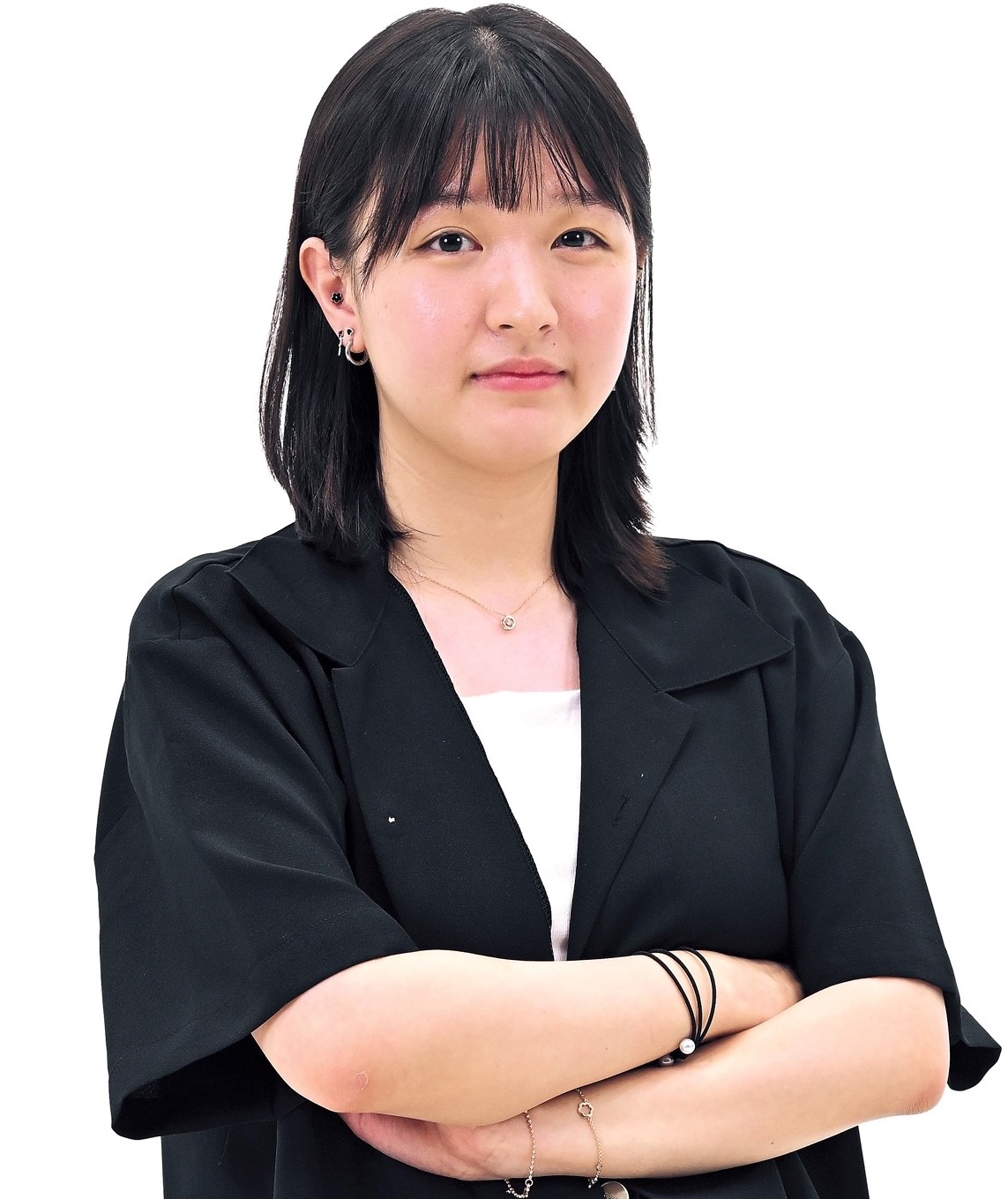Growth hormone treatment for children spiking in Korea
By Cho Min-jeongPublished : Sept. 25, 2023 - 15:19

The number of adolescents receiving growth hormone therapy is increasing rapidly, with the number for the first half of the year already surpassing that of last year.
According to data released by the Health Insurance Review and Assessment Service on Sept. 22, 25,900 adolescents received growth hormone therapy in the first half of this year. This figure was 25,300 last year, which was about double the number recorded in 2020.
Growth hormone therapy is prescribed following precise diagnoses through examinations when there are suspicions of growth disorders. These suspicions may include children aged 3-10 growing less than 4 centimeters per year, or being more than 10 cm shorter than their peers.
Furthermore, there is a growing trend of parents opting for growth hormone treatments at a cost of around 10 million won ($7,490) per year to promote their children's height growth, even when there is no medical diagnosis of short stature.
While growth hormone injections can be effective for children with deficient growth hormone secretion, they may not significantly impact children with normal hormone levels and heights within the normal range.
Additionally, administering growth hormone injections to children with normal hormone levels may carry some risks, including scoliosis, hip joint dislocation, transient diabetes, headaches, edema and vomiting.
Of particular concern is the increased risk of developing Type 2 diabetes, the most common form of diabetes, in the future for children who receive growth hormone therapy without a growth hormone deficiency. A study analyzing 11,000 American children found that this risk was 8.5 times higher.
Furthermore, prolonged excessive use of growth hormone therapy can lead to conditions like acromegaly, characterized by excessive growth of the hands, feet and facial bones, as well as fluid retention-related swelling and joint pain.
The Korean Society of Pediatric Endocrinology recommends promoting healthy lifestyle habits to support growth, including at least 30 minutes of daily exercise, getting more than eight hours of sleep each day, eating a balanced diet and avoiding excessive use of smartphones or computer games.










